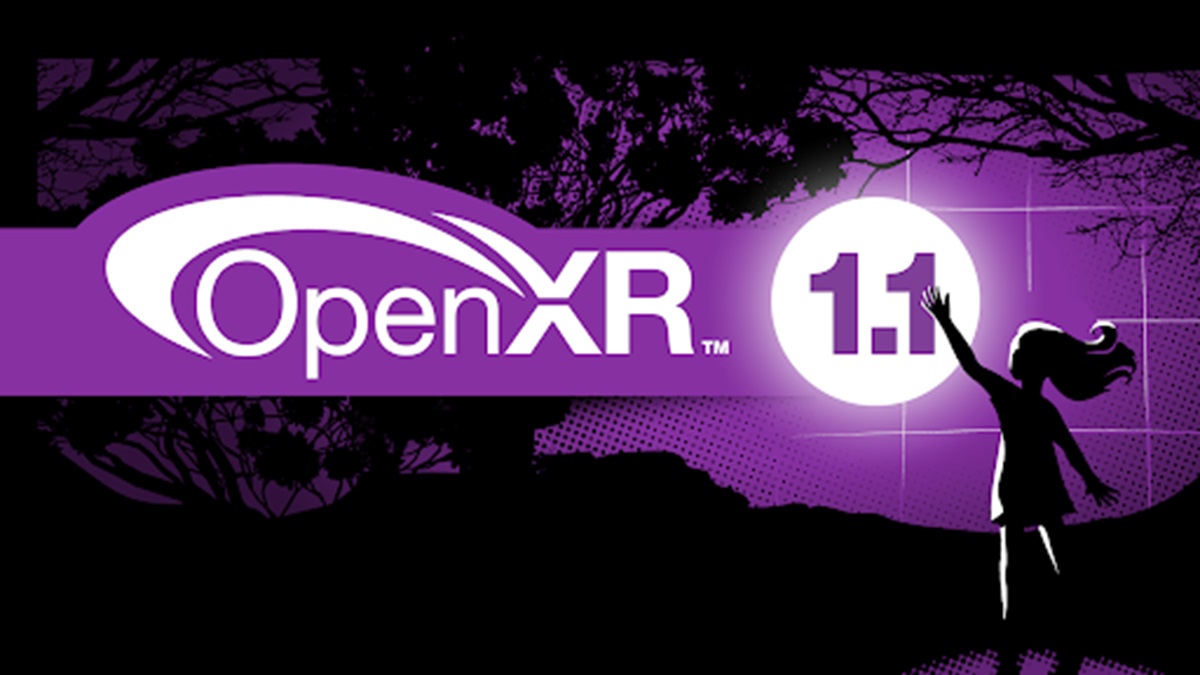The Khronos Group, an open consortium dedicated to tech standards, announced the OpenXR 1.1 specification.
This release from the Khronos Group evolves the widely adopted OpenXR open API standard for high-performance, cross-platform access to VR, AR, and mixed reality (MR) — collectively known as XR—platforms and devices. OpenXR 1.1 consolidates widely used application programming interface (API) extensions into the core specification to reduce fragmentation and adds new functionality to streamline the development of more powerful and efficient XR applications, the group said.

Unlock premium content and VIP community perks with GB M A X!
Join now to enjoy our free and premium membership perks.
![]()

![]()